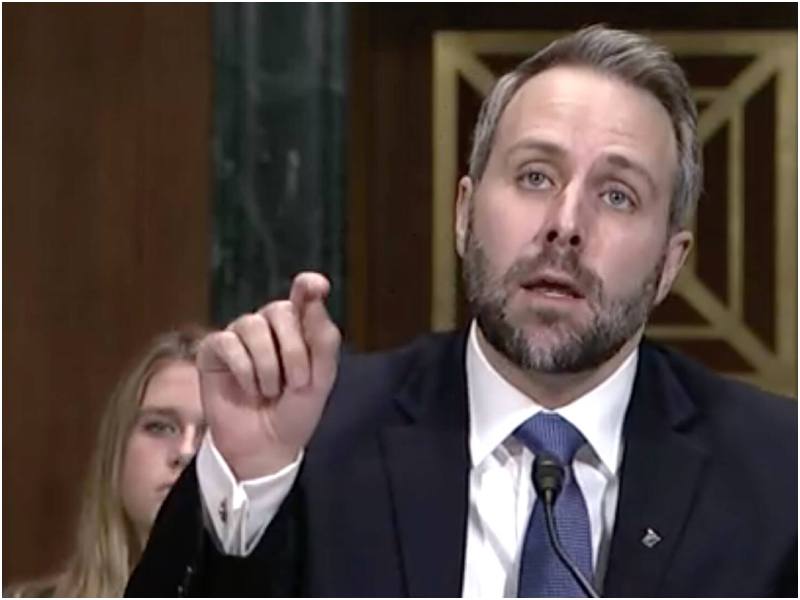Federal prosecutors in Alaska have moved to vacate Johnny-Lee Preston Burk’s assault conviction, citing undisclosed personal relationships involving the presiding judge and a prosecutor. This motion, filed on Tuesday, marks a significant development as it represents the first time prosecutors have sought to overturn a conviction in one of the 44 cases linked to now-former U.S. District Judge Joshua Kindred, who may have had undisclosed conflicts of interest with attorneys appearing before him.
Some defense lawyers have previously made similar requests, leading to a judge vacating one defendant’s conviction. However, Burk’s case stands out as the first instance where prosecutors themselves requested a conviction to be vacated.
Judge Kindred resigned in July after the 9th Circuit Judicial Council found he fostered a hostile work environment for his law clerks and maintained inappropriate sexual relationships with at least one, with whom he had two encounters after she joined the local U.S. Attorney’s Office. The inquiry also uncovered potential conflicts between Kindred and other attorneys, including senior prosecutor Karen Vandergaw, who had sent him nude photographs.
Initially, Kindred denied any inappropriate communications with Vandergaw but later admitted to “engaging in a flirtation” and receiving the photographs, according to a 9th Circuit order.
In Tuesday’s motion, prosecutors confirmed for the first time that Vandergaw was involved in Burk’s case. Burk, who represented himself, had pleaded guilty in 2022 to assaulting an employee at a residential reentry facility in Anchorage while serving a five-year sentence for drug conspiracy. Kindred sentenced him to time served.
Special Assistant U.S. Attorney Steven Clymer stated that neither Vandergaw nor Kindred disclosed their personal relationship to Burk or his attorneys, despite the relationship having developed before Burk’s guilty plea. Clymer’s motion revealed that prosecutors also learned that Kindred and Vandergaw had an undisclosed private conversation regarding Burk’s case. He argued that Kindred violated federal law by failing to disqualify himself, as his relationship with Vandergaw would reasonably cause an objective observer to question his impartiality.
Vandergaw, who still serves as an assistant U.S. attorney, did not respond to requests for comment. A spokesperson for Alaska U.S. Attorney S. Lane Tucker declined to comment. Neither Burk nor Kindred could be reached for comment. The case is U.S. v. Burk, U.S. District Court for the District of Alaska, No. 3:19-cr-00117.

